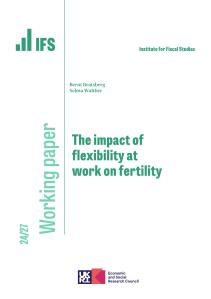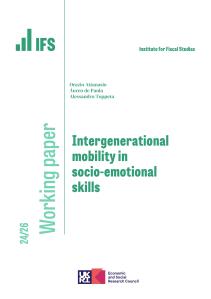This paper investigates whether the impact of financing constraints on company investment spending differs between firms in Belgium, France, Germany and the UK. Many previous studies have found that investment spending displays "excess sensitivity to cash flow" for individual countries, and concluded that this evidence is consistent with the presence of financing constraints. Very few previous studies have presented comparative evidence. Interest in a comparative study stems from the considerable differences between financial systems in these four countries: for example, in sources of investment finance, company ownership structures, the market for corporate control, and the relative importance of different financial markets and institutions. Differences between the UK "market-based" system and the German "bank-based" system have received particular attention. It is sometimes suggested that the arms-length relation between firms and suppliers of finance that tends to characterise the market-oriented system may be less effective at dealing with problems of asymmetric information and monitoring. If so, it is possible that financing constraints on investment would be more severe in the UK than in the continental European countries. We construct company panel datasets for manufacturing firms in Belgium, France, Germany and the UK, covering the period 1978-89. These datasets are used to estimate a range of empirical investment equations, and to investigate the role played by financial factors in each country. A robust finding is that cash flow or profits terms do appear to be both statistically and quantitatively more significant in the UK than in the other three countries. This evidence is consistent with the suggestion that financial constraints on company investment spending may be relatively severe in the more market-oriented UK financial system.









